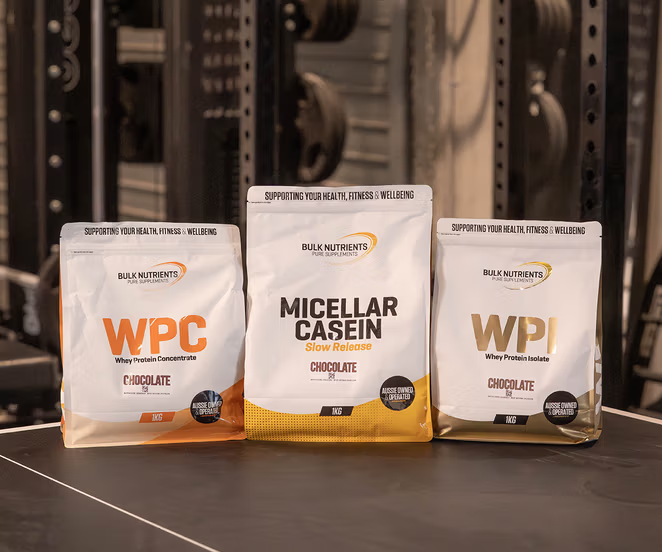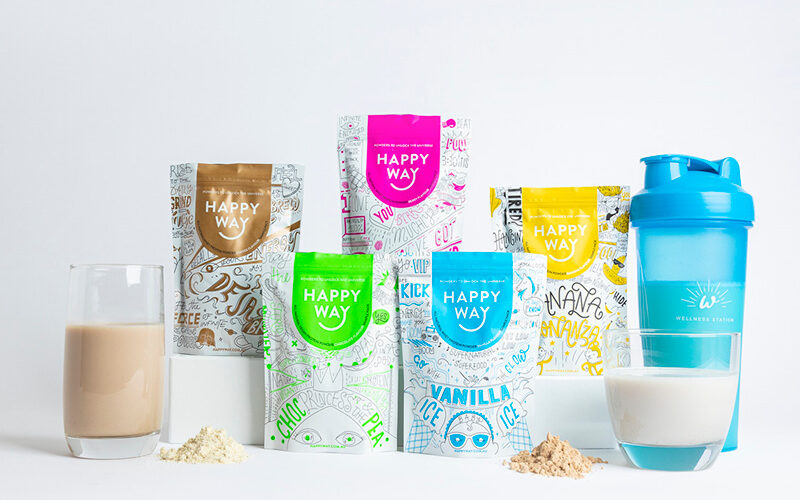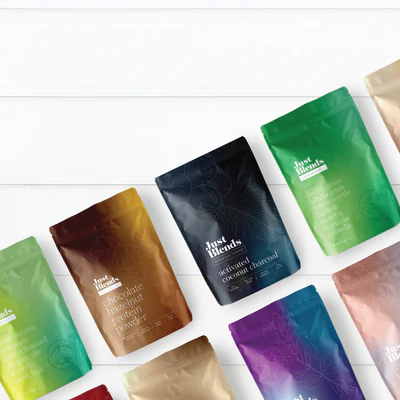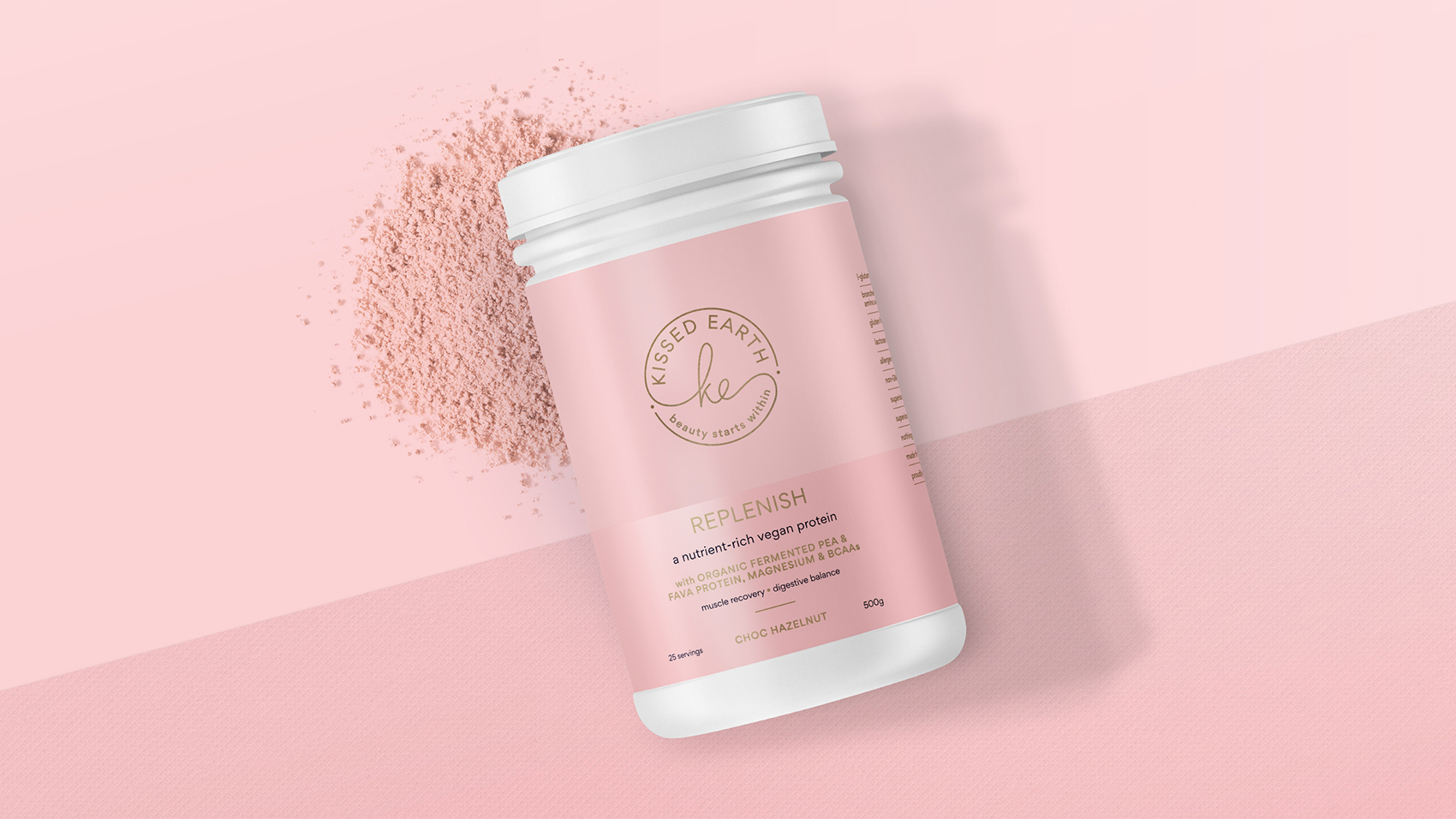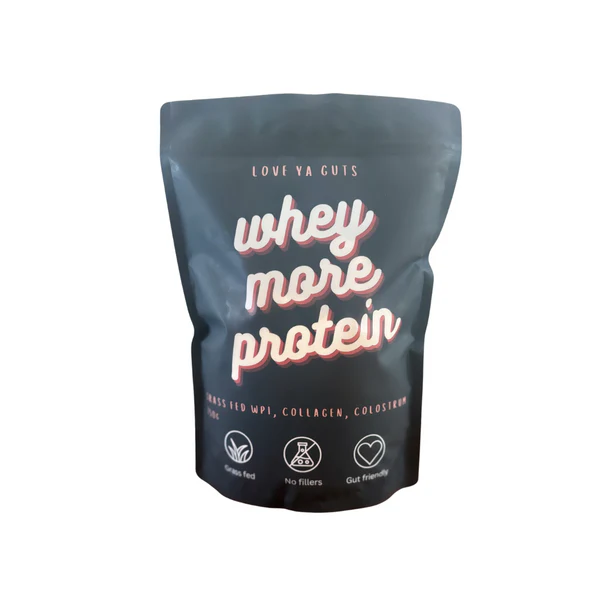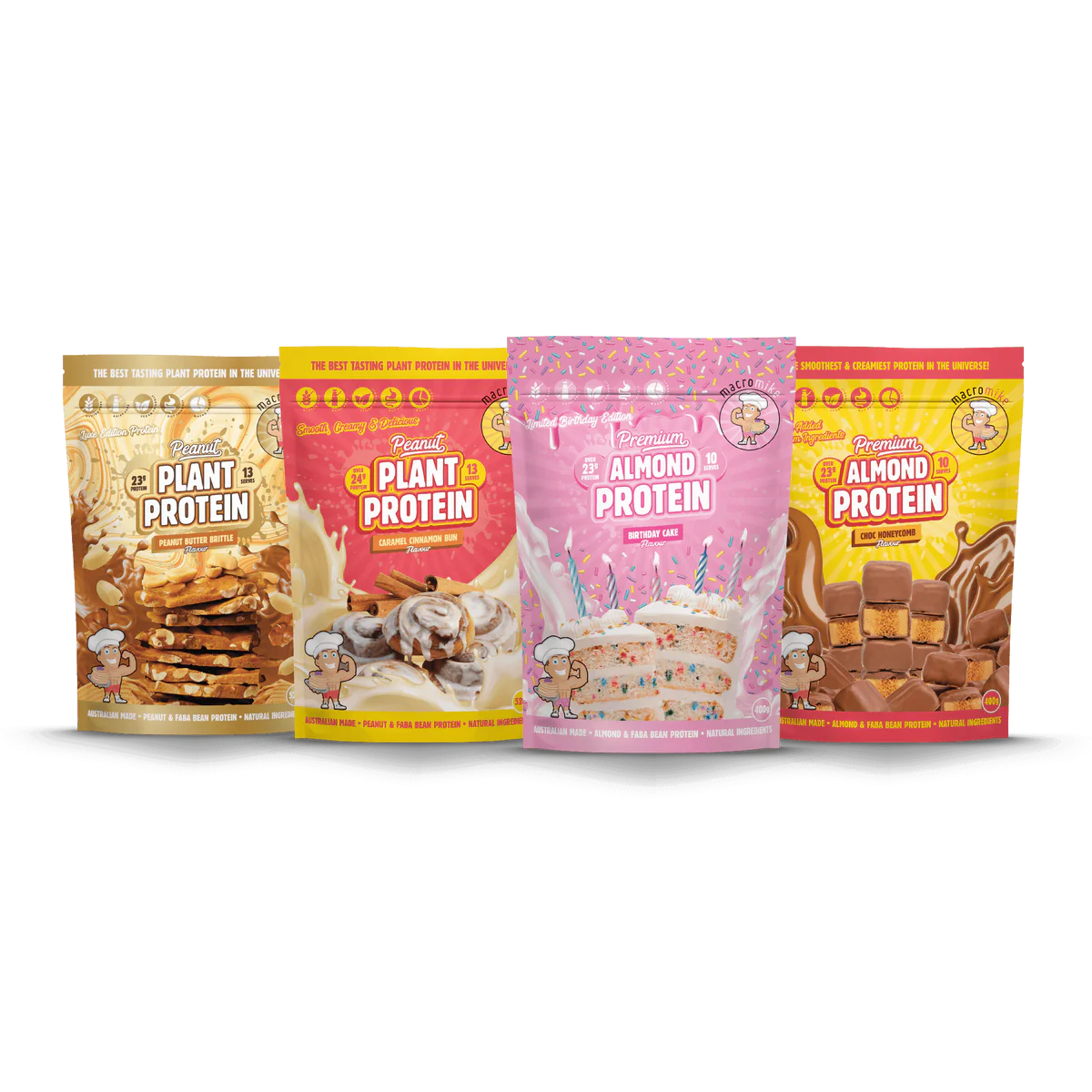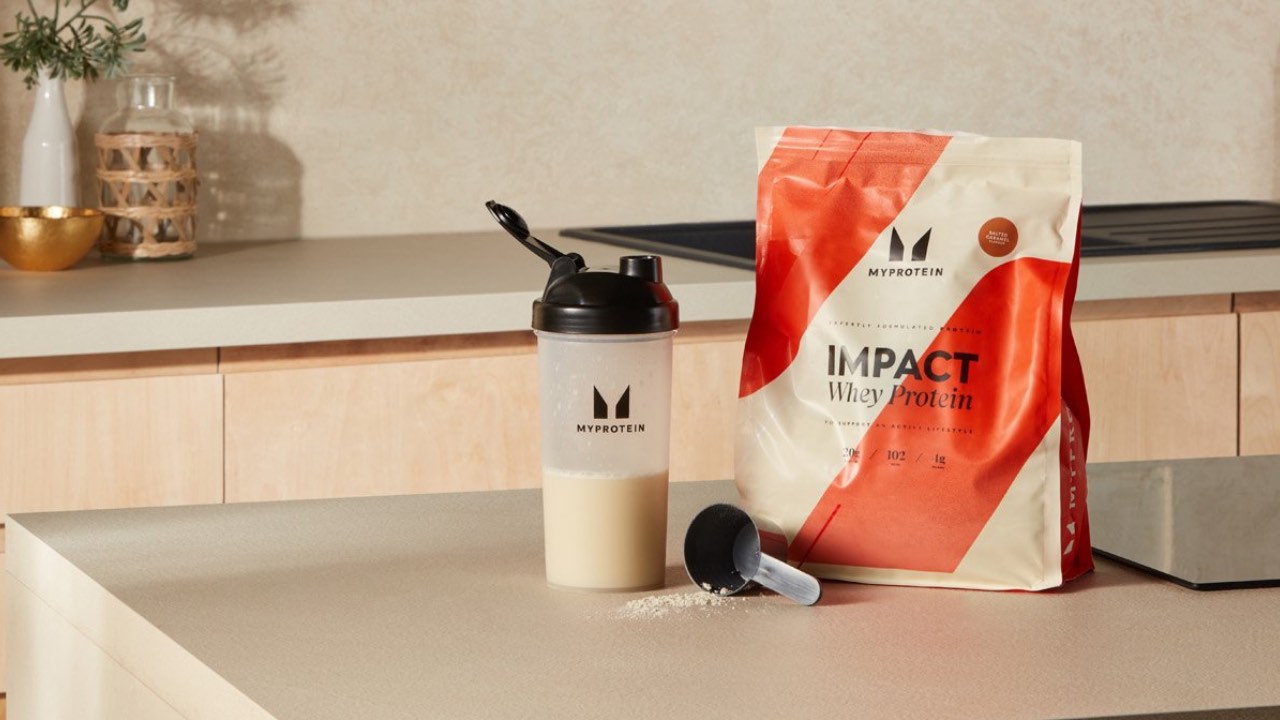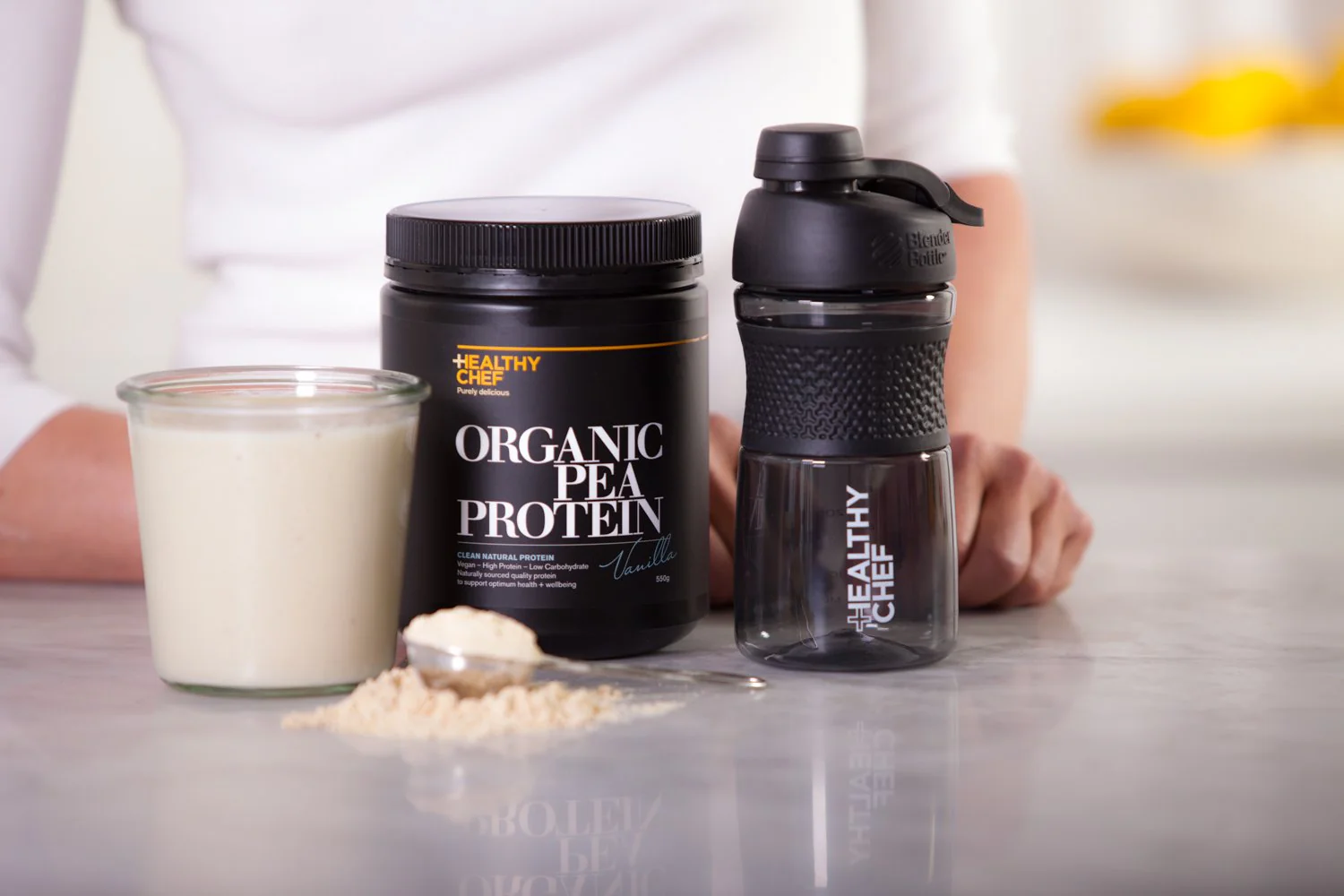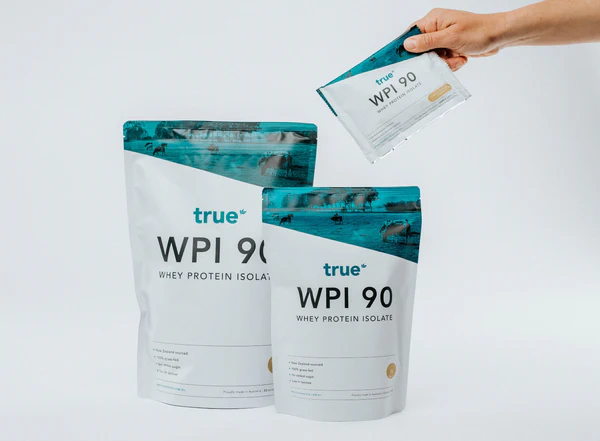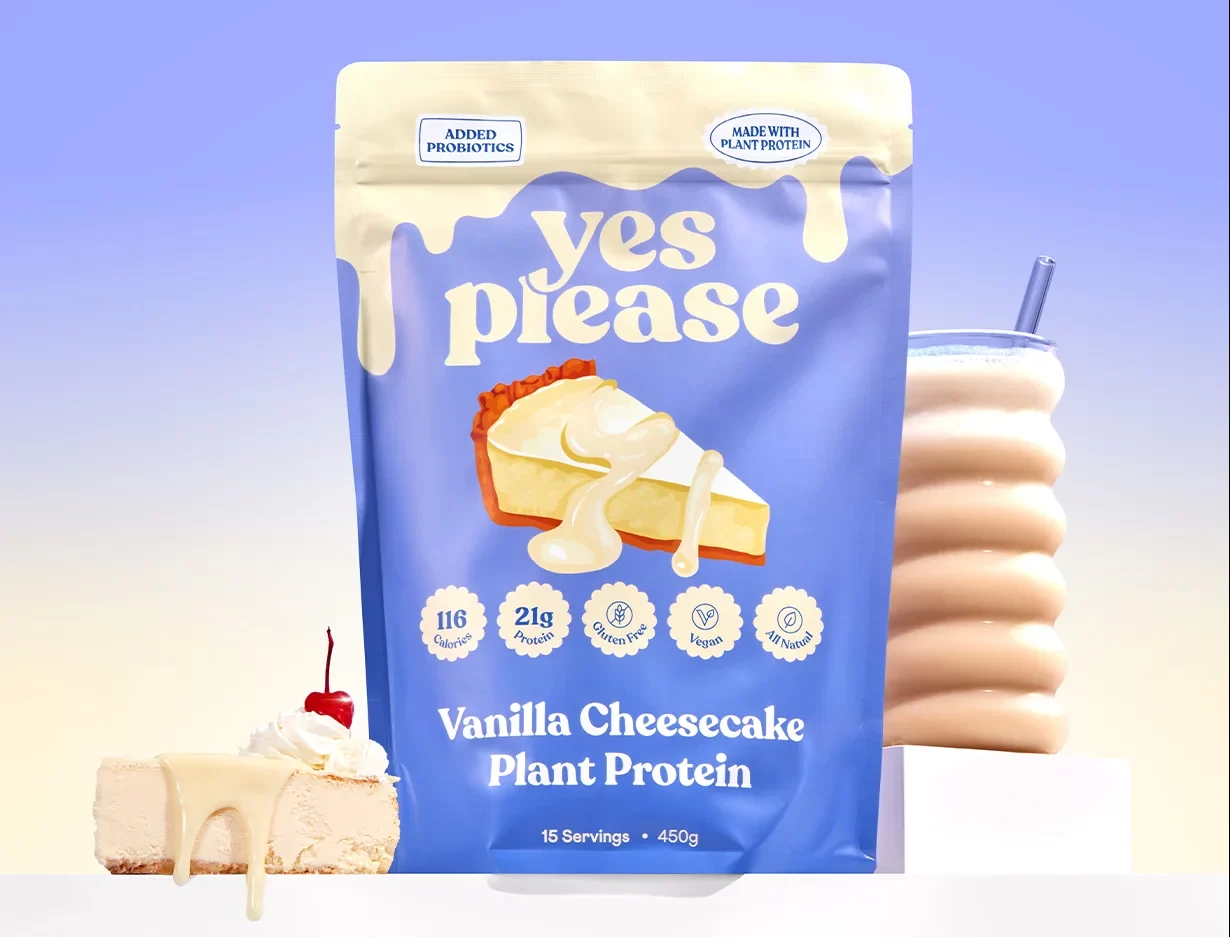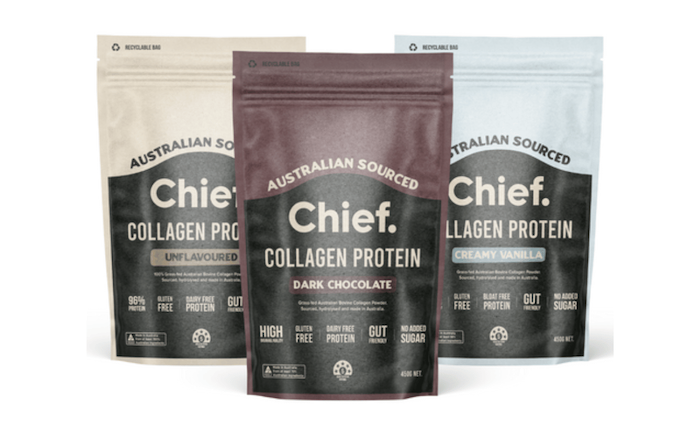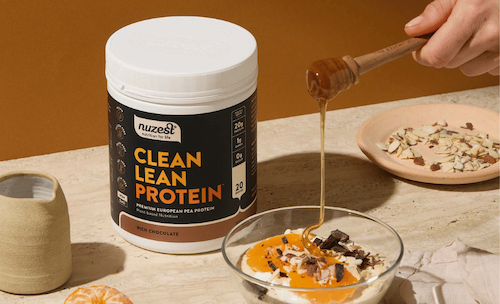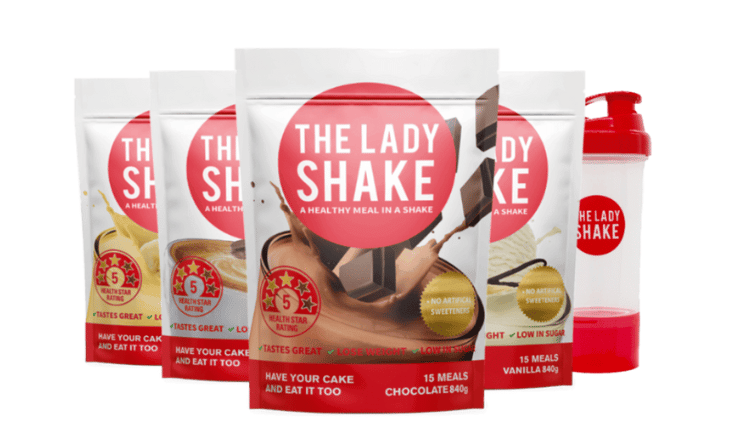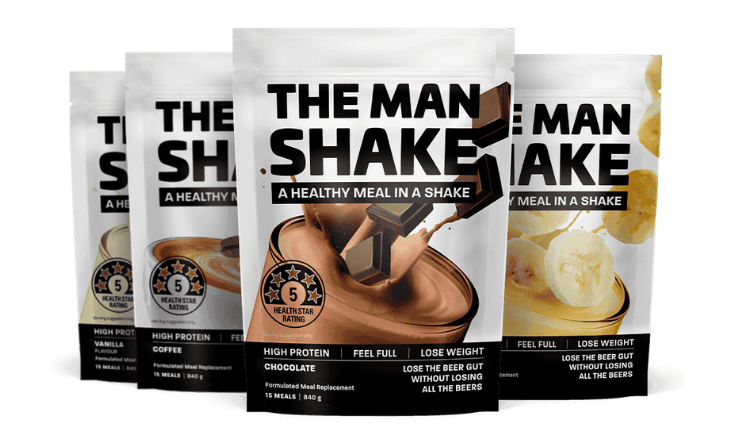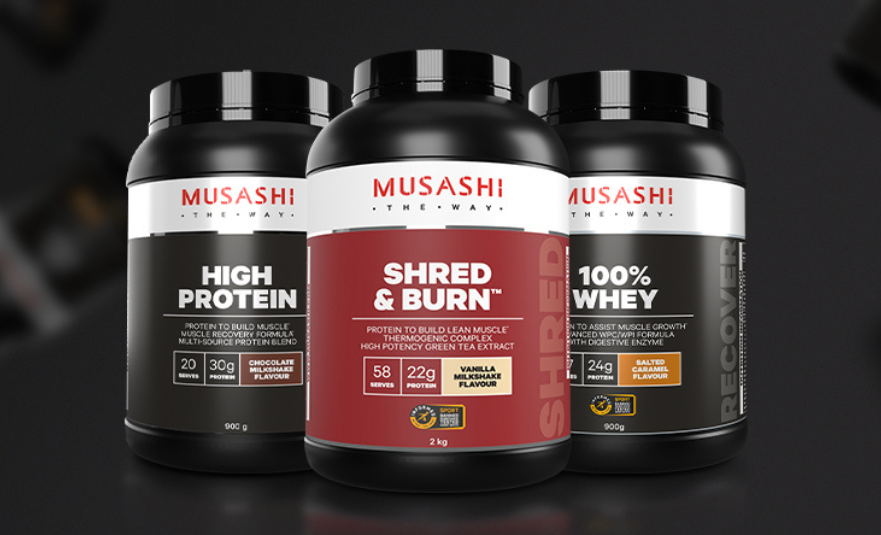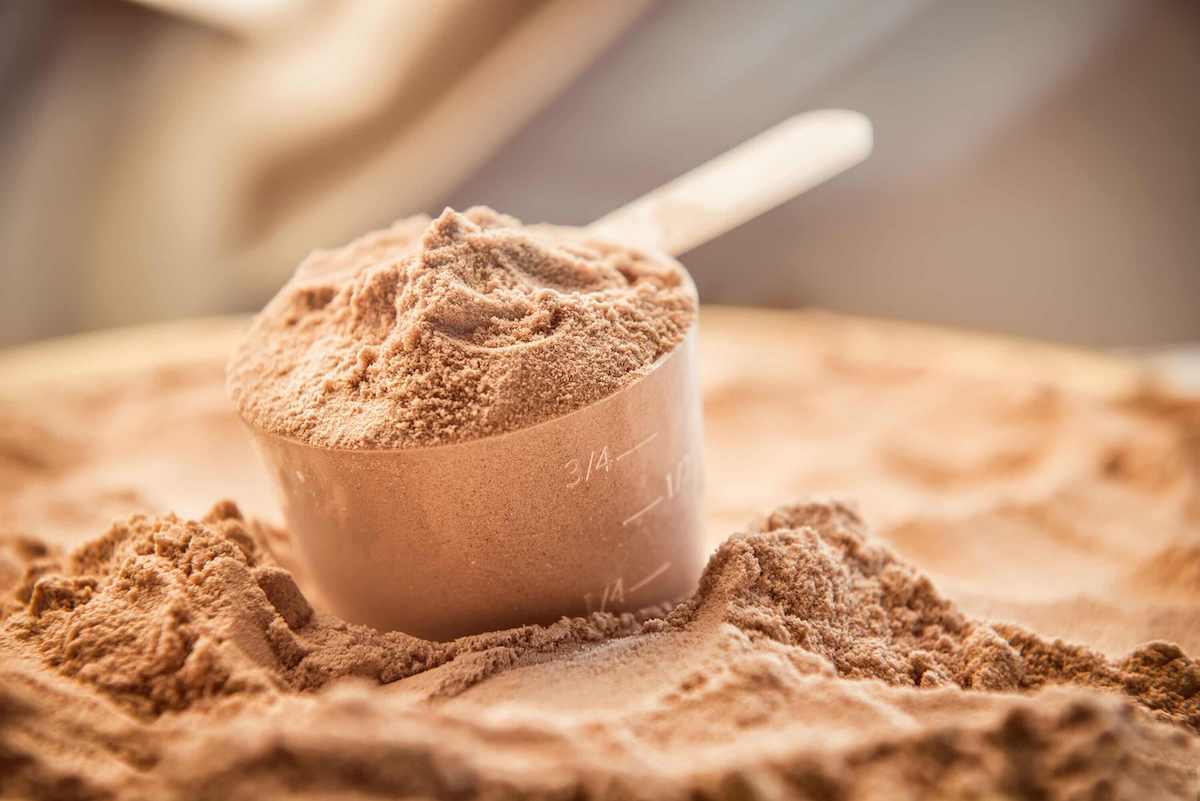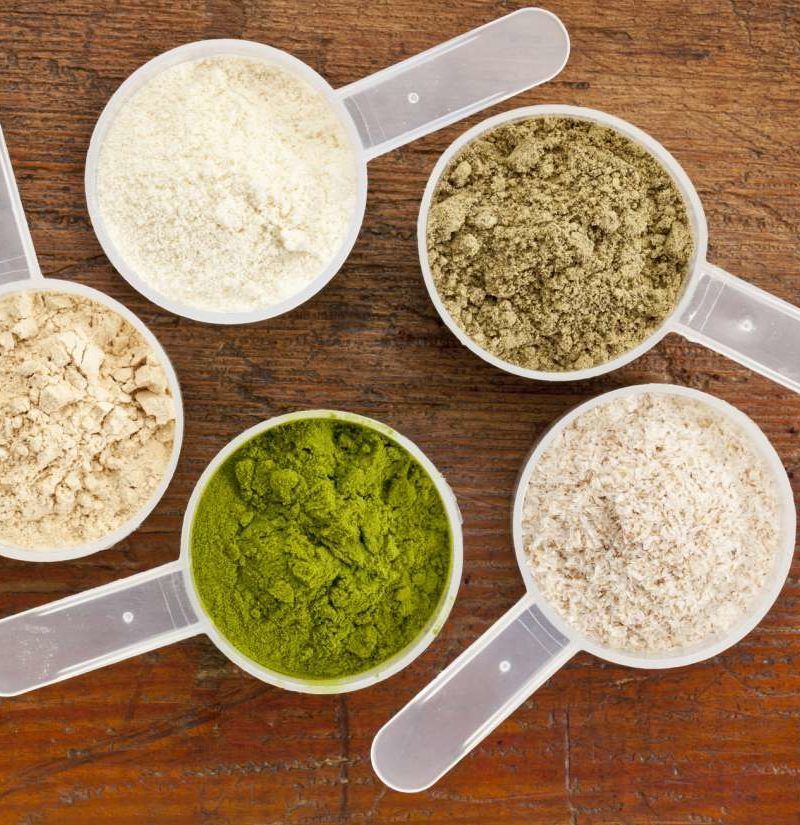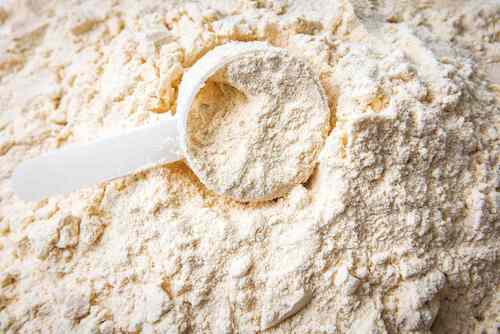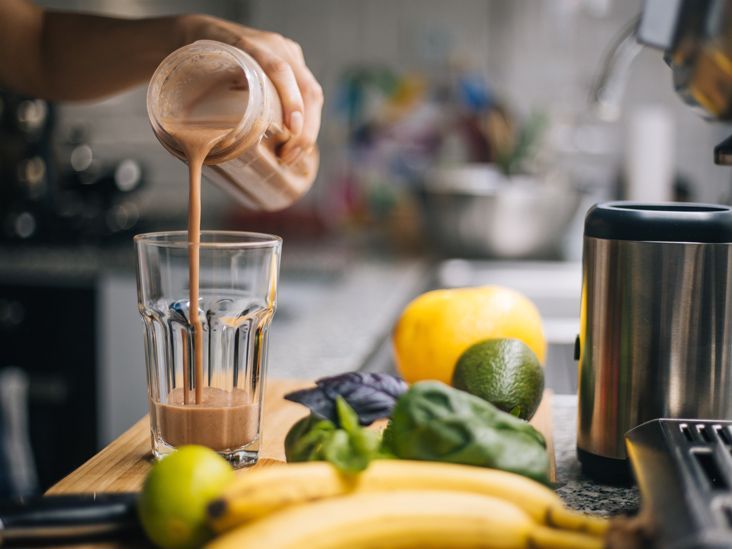- Meal Delivery
Shop by Category
TOP PROVIDERS
POPULAR SEARCHES
Meal Finder Tool

Use our meal finder quiz to find the best meal delivery service for you.
- Vitamin & Supplements
- Deals
- About
- Blog
Protein Powder
Protein Powder
There are so many Protein Powders available in Australia, catering to a variety of tastes, budgets and dietary preferences. Our experts have created this page to help you compare what’s available and to help you find the Protein Powder that best fits you and your personal needs!
Get personalised meal recommendations
Compare Protein Powder
Advertiser Discolure Advertiser DiscolureBulk Nutrients is an Australian-owned company known for its affordable and high-quality supplements. They offer a diverse range of protein …
NSW, VIC, ACT, QLD, NT, SA, WA, TAS
$1.27/serve
Happy Way offers clean, natural protein powders aimed at promoting energy, vitality, and overall health. Their protein powders are made …
NSW, VIC, ACT, QLD, NT, SA, WA, TAS
$3.37/serve
Just Blends is a simple, no-fuss brand that focuses on creating pure plant-based protein powders with natural ingredients. Their product …
NSW, VIC, ACT, QLD, NT, SA, WA, TAS
$2.80/serve
Kissed Earth focuses on providing nutrient-dense supplements made from organic and sustainably sourced ingredients. Their Replenish is a vegan protein …
NSW, VIC, ACT, QLD, NT, SA, WA, TAS
$2.60/serve
Love Ya Guts offers a line of high-quality plant-based protein powders designed to support gut health. Their products are crafted …
NSW, VIC, ACT, QLD, NT, SA, WA, TAS
$3.80/serve
Macro Mike is a brand known for its innovative approach to plant-based protein powders. They focus on offering vegan-friendly, dairy-free, …
NSW, VIC, ACT, QLD, NT, SA, WA, TAS
$3.85/serve
MyProtein offers a wide range of whey protein supplements, as well as vegan protein powders. MyProtein’s Impact Whey Protein is …
NSW, VIC, ACT, QLD, NT, SA, WA, TAS
$3.75/serve
The Beauty Chef specialises in skincare-from-within with its plant-based protein powders. They create products that support digestive health, skin health, …
NSW, VIC, ACT, QLD, NT, SA, WA, TAS
$3.45/serve
The Healthy Chef offers a range of organic, whey and plant-based protein powders that are gentle on digestion while providing …
NSW, VIC, ACT, QLD, NT, SA, WA, TAS
$3.10/serve
True Protein offers a diverse range of protein powders, including whey and plant-based options, catering to various dietary preferences such …
NSW, VIC, ACT, QLD, NT, SA, WA, TAS
$3.50/serve
Yes Please offers premium, clean protein powders that cater to a variety of dietary needs, including vegan and low-sugar options. …
NSW, VIC, ACT, QLD, NT, SA, WA, TAS
$3.60/serve
Chief Nutrition is an Australian-owned brand that values regenerative farming practices and designs wellness products to promote a ‘Chief Life’, …
NSW, VIC, ACT, QLD, NT, SA, WA, TAS
$1.60/serve
Get 25% off your first order! Get Deal
Nuzest is an Australian company that offers a range of premium plant-based supplements for the entire family. All Nuzest products …
NSW, VIC, ACT, QLD, NT, SA, WA, TAS
$2.15/serve
The Lady Shake offers meal replacement shakes in delicious chocolate and vanilla flavours, bringing a no-fuss solution for vegan women …
NSW, VIC, ACT, QLD, NT, SA, WA, TAS
$3.33/serve
The Lady Shake offers meal replacement shakes in delicious flavours like chocolate, cookies and cream, honeycomb and caramel, bringing a …
NSW, VIC, ACT, QLD, NT, SA, WA, TAS
$3.33/serve
The Man Shake offers healthy meal replacement shakes in delicious vanilla and chocolate flavours, bringing a no-fuss solution for individuals …
NSW, VIC, ACT, QLD, NT, SA, WA, TAS
$3.33/serve
The Man Shake offers healthy meal replacement shakes in delicious flavours like chocolate, cookies and cream, honeycomb and caramel, bringing …
NSW, VIC, ACT, QLD, NT, SA, WA, TAS
$3.33/serve
Musashi offers a broad spectrum of sports nutrition supplements sourced from high-quality ingredients, with formulas to support everyone from the …
NSW, VIC, ACT, QLD, NT, SA, WA, TAS
$1.36/serve
Musashi offers a broad spectrum of sports nutrition supplements sourced from high-quality ingredients, with formulas to support everyone from the …
NSW, VIC, ACT, QLD, NT, SA, WA, TAS
$1.36/serve
Tropeaka provides high-quality vitamins and supplements to help you live a healthier life. They offer a variety of products to …
NSW, VIC, ACT, QLD, NT, SA, WA, TAS
$2.60/serve

